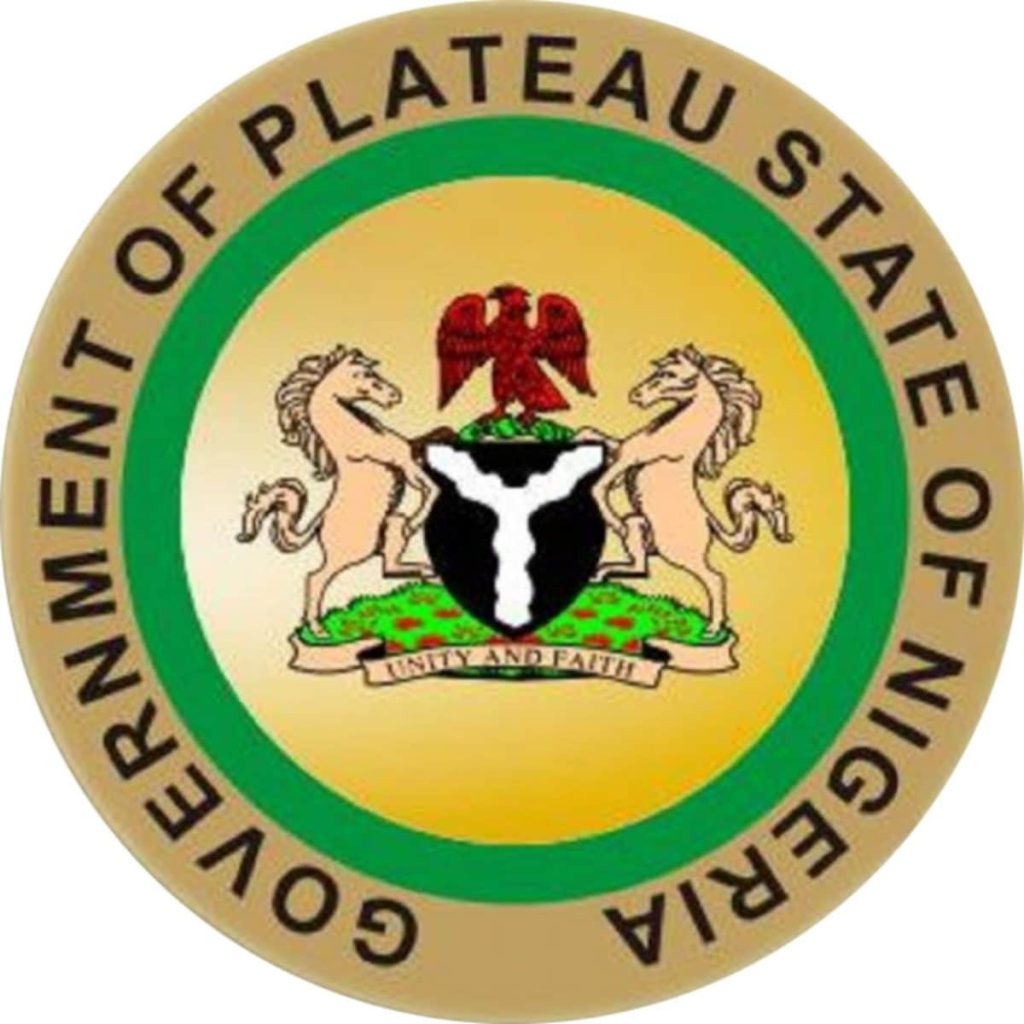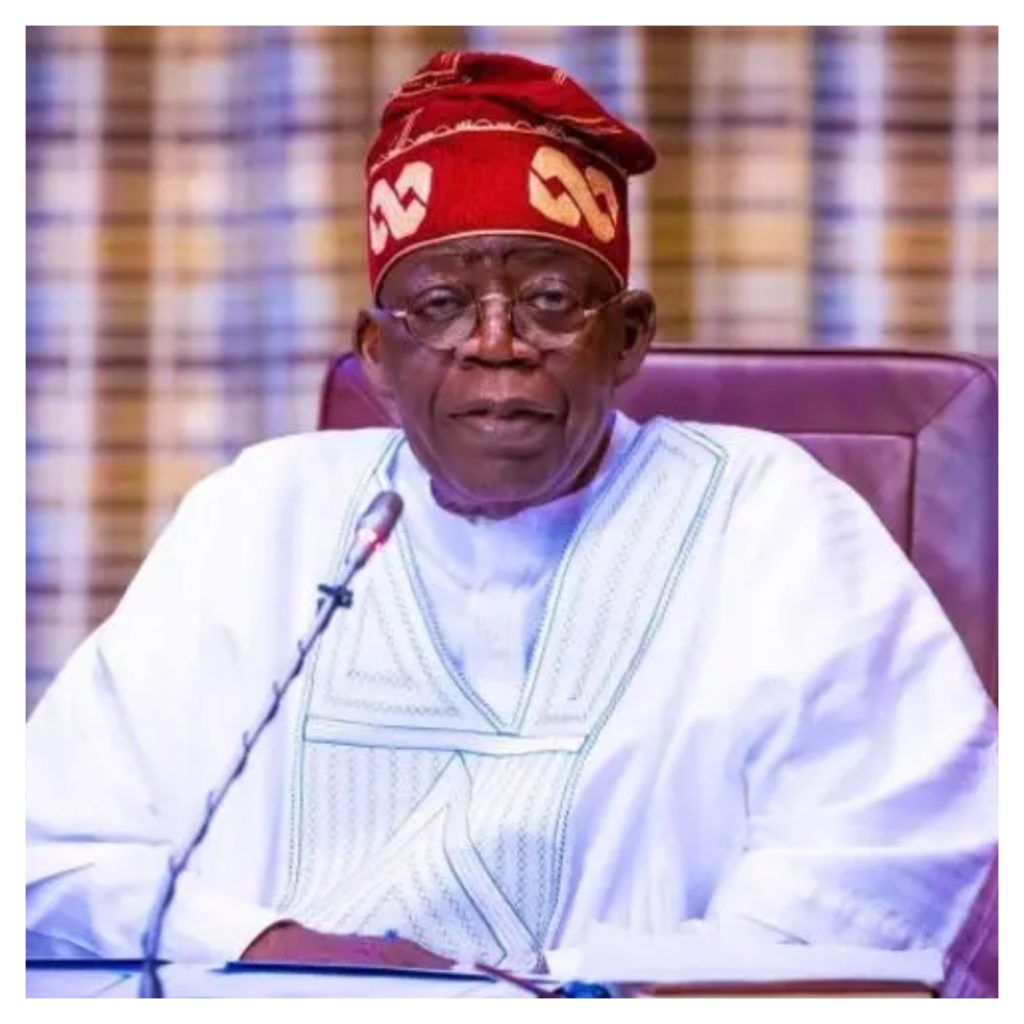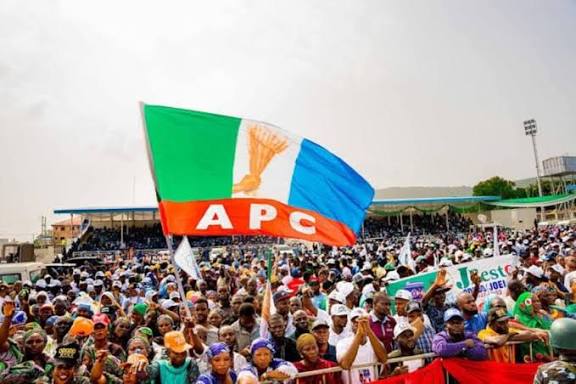Nigerian President Bola Tinubu’s economic reforms, implemented in 2023, have led to widespread hardship and discontent among the population. The removal of fuel subsidies, floatation of the naira, and restructuring of taxes were intended to stimulate economic growth, but have instead resulted in soaring inflation, currently at 20.12%, and a significant increase in food prices, with food inflation reaching 40%.
The value of the naira has declined substantially, from ₦460 to ₦1,600 to the dollar, leading to a tripling of the cost of fuel, medicine, and other imports. The price of fuel has risen to ₦1,000 per liter, severely impacting transportation and livelihoods. According to the National Bureau of Statistics, 58% of Nigerians, approximately 133 million people, are projected to be living in multidimensional poverty by 2025, up from 46% in 2024.
The human toll of these economic reforms has been severe, with over 7 million businesses collapsing due to soaring costs and foreign exchange shortages. Youth unemployment remains stagnant at 40%, and the economy has contracted to under $200 billion. The government’s claim of macroeconomic gains, including 4.3% GDP growth in Q2 2025, has not translated to tangible benefits for ordinary Nigerians.
President Tinubu’s personal spending has come under scrutiny, with critics accusing him of extravagance and a lack of empathy for the struggling population. His frequent international trips, purchase of a new presidential jet, and acquisition of a luxury yacht have been seen as tone-deaf in the face of widespread poverty and hardship.
The opposition has criticized the government’s handling of the economy, with some describing it as a “massive disappointment.” There are growing calls for the government to take urgent action to address the cost-of-living crisis, including reinstating targeted subsidies, increasing transparency in the use of subsidy savings, and implementing anti-corruption measures.
The situation in Nigeria is becoming increasingly dire, with the cost-of-living crisis threatening to destabilize the country. The international community is watching with concern as the Nigerian government struggles to respond to the crisis. With the economy on the brink of collapse and social unrest on the rise, the need for effective and compassionate leadership has never been more urgent.



